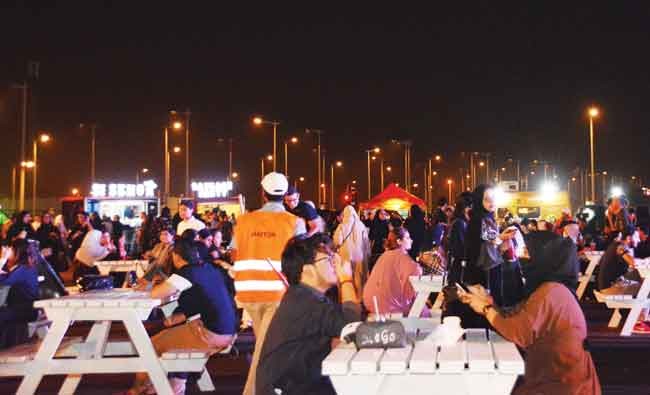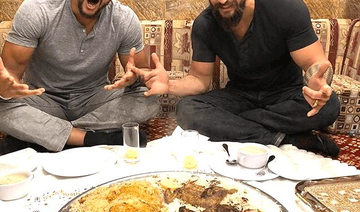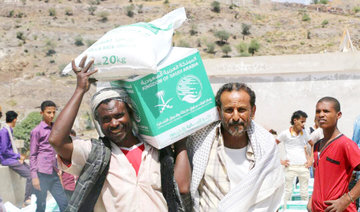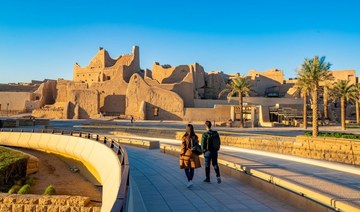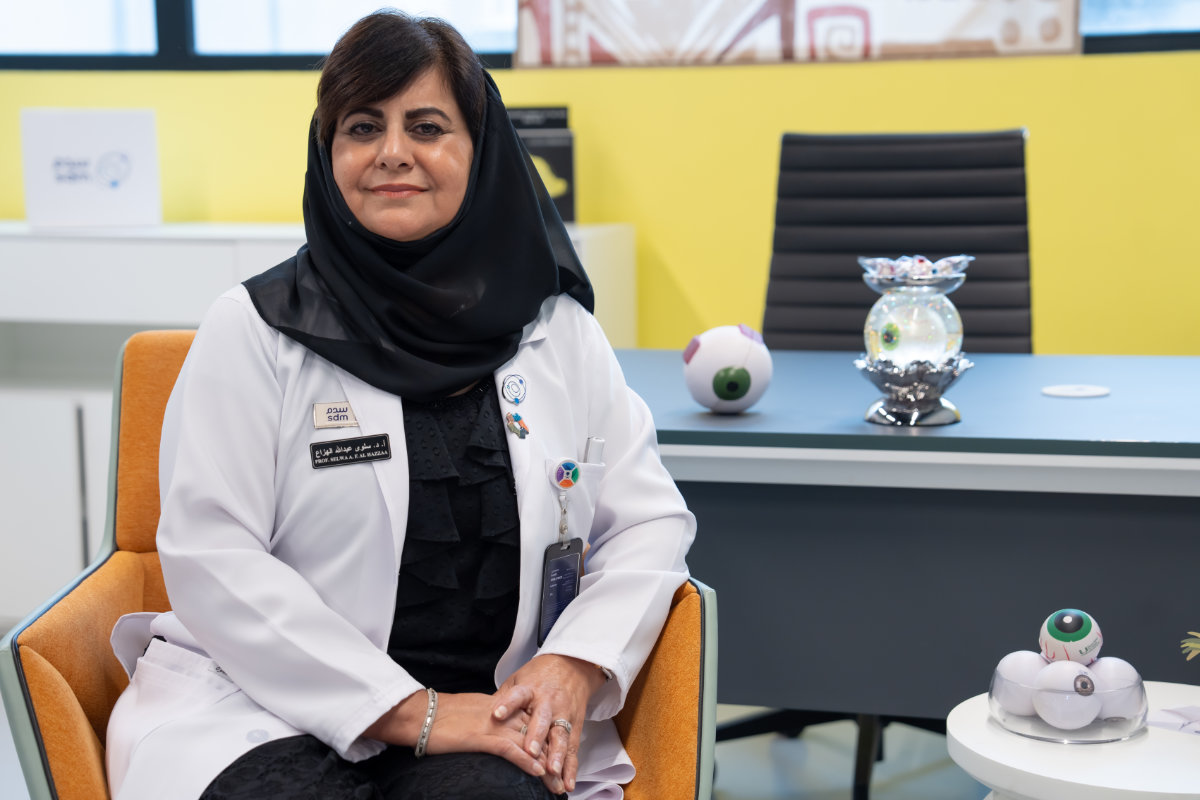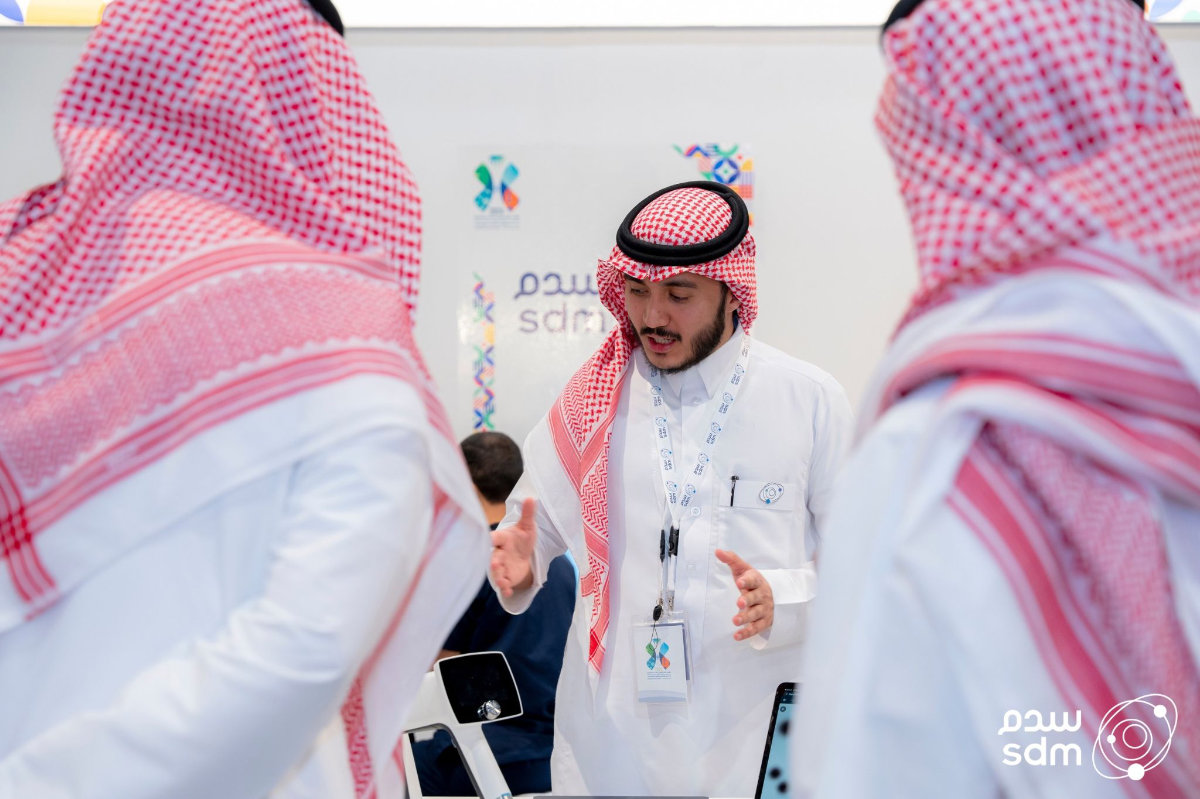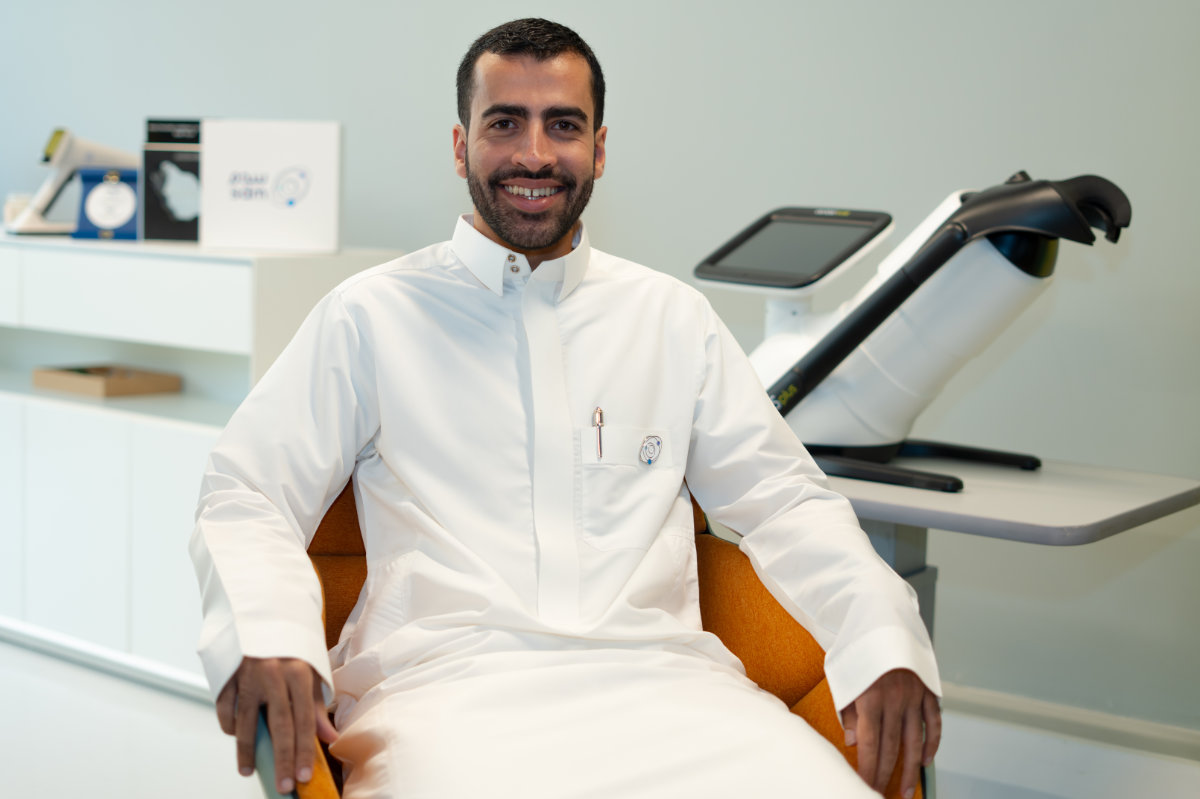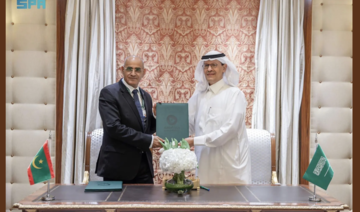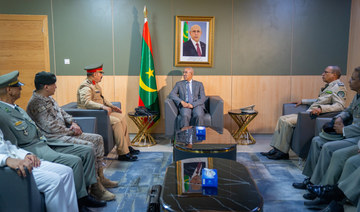RIYADH: Food trucks are fast becoming a key feature of the Saudi streets. These mobile food outlets have become a lucrative business in major urban centers across the Kingdom.
It would not be wrong to say that these food trucks have become part of the popular Saudi culture. Only a few years ago, such outlets used to serve the needs of people working blue-collar jobs but today it has become a trend and these eateries are as valued as high-end restaurants.
With a wide variety of foods to offer, this business is gaining popularity among young entrepreneurs mainly because of the minimal costs as compared to setting up a proper restaurant. Yet when it comes to setting up the business, it turns out that it is not as simple as buying a truck and selling food.
Just like any other business, food trucks have regulations and licensing that owners need to follow in order to operate a food truck.
Cities like Riyadh, Jeddah and Dammam have regulations for establishing a food truck business in order to obtain a license. There are also regulations for the vehicles, governing safety, size and sanitation. However, rules about where and when to park these mobile eateries appear to be the most difficult for the owners.
Abdulaziz Al-Qahtani, owner of a food truck in Riyadh that specializes in coffee, told Arab News about how owners struggle with the city’s municipal regulations, describing the process of opening a food truck as difficult as opening a regular outlet. But the most difficult part was finding a spot to park the truck.
He said: “They do not have clear guidelines where food trucks can stop or cannot stop,” he said. “It will be better for the city’s municipality to have a spot fixed for food trucks in different parts of Riyadh.”
Another entrepreneur, Sereen Al-Madani, said: “I’m facing the same difficulties other trucks are facing: Many food trucks lose their businesses due to the unavailability of parking spaces, the absence of electricity or other facilities around the spots these trucks are usually parked.”
The situation in other countries is totally different, she said, adding that the municipalities provide food trucks with necessary facilities.
Al-Madani said: “We are not allowed to leave our trucks parked in a specific area overnight. A number of robberies have taken place at some locations. In some incidents, generators and other machinery were stolen. I know one girl whose truck was stolen.”
Some time ago, the Riyadh Municipality had allocated a parking space for food trucks on King Fahd Road but for reasons best known to the authorities the decision was overturned.
Attempts to get comments from the municipality on this issue did not yield results.
Another regulation was about the Saudization policy. According to Jeddah’s municipal website, in order to obtain a license, the workers and owners of the food trucks must be Saudi citizens and cannot be employed at a public authority.
In addition, the owners themselves must work along with their Saudi employees in the kitchen, sales and customer care.
“That is a problem because Saudis expect high salaries compared to foreigners, and if we hire Saudis we will have to increase our prices,” Al-Madani said.
“They cannot live with low income and I cannot benefit from it if I will sell my falafels at the same price as restaurants. There is no way to compete with that and that is the biggest difficulty.”
Despite these obstacles, the city’s municipality made it pretty easy for owners to issue a food truck license. Now permits are issued electronically and generally take two working days to be issued.
Even though Al-Madani and Al-Qahtani faced some issues with their businesses, each of them has a success story to share.
Most food truck businesses are upgrading to become restaurants or shops. A food truck specialized in coffee, now has its own coffee shop boutique in one of the upscale areas in Riyadh.
“The coffee sector in Saudi Arabia is witnessing a boom,” Al-Qahtani said. “Lots of shops are opening. We will have more coffee shops in the Saudi markets in the next couple of years.”
“The environment, the experience, the details that you find in the truck or you find in the shop, our characters, our colors, are all integrated to create an unforgettable atmosphere for the customers by providing board games, music, customer service. It’s actually not one package, it’s many packages that come together and make our outlet unique.”
Al-Madani said her food truck, which specializes in making all kinds of breakfasts, is succeeding because of its uniqueness. “When planning for my food truck to stand out from the pack, I focused on the quality,” she said. “My prices are reasonable, I sell breakfast throughout the day and that is unique.”
She added: “Without the help and support of my family and partner, I wouldn’t have made it: They are the ones who inspired me.”
Some food trucks are considering the month of Ramadan as the peak season, while others are taking this month as a chance to renovate, work on maintenance and think of new plans for the rest of the summer.
Al-Qahtani said he has a clear plan for how his business will go in the summer. He said: “In Ramadan, we will sponsor Shalky (Exhibition). We are taking this position to capture the eyes of more clients.”




